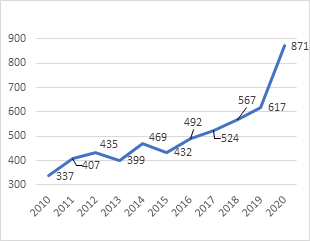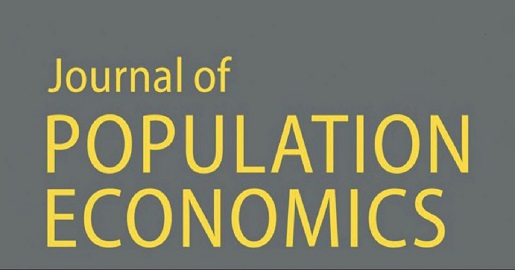A new paper published ONLINE FIRST freely accessible argues that, in the presence of idiosyncratic ability shocks after childbirth, irreversible fertility decisions distort the resource allocation between the quantity and quality of children.
The Global Labor Organization (GLO) is an independent, non-partisan and non-governmental organization that functions as an international network and virtual platform to stimulate global research, debate and collaboration.
Under- and over-investment in education: the role of locked-in fertility
by Masao Nakagawa, Asuka Oura & Yoshiaki Sugimoto
Published ONLINE FIRST 2021: Journal of Population Economics
OPEN ACCESS and PDF.

Author Abstract: This research argues that, in the presence of idiosyncratic ability shocks after childbirth, irreversible fertility decisions distort the resource allocation between the quantity and quality of children. In underdeveloped environments, where family size is locked into large levels, education investment places a heavy financial burden on households, which deprives some competent children of learning opportunities. In contrast, in more developed environments, family size is locked into smaller levels, which facilitates education investment even for some children with low aptitude. A redistributive policy to mitigate the distortion is proposed for each stage.

EiC Report 2020
Journal of Population Economics
Access to the recently published Volume 34, Issue 3, July 2021.
LEAD ARTICLE OF ISSUE 3, 2021:
The safest time to fly: pandemic response in the era of Fox News
by Maxim Ananyev, Michael Poyker and Yuan Tian
OPEN ACCESS: Free Readlink – Download PDF
Ends;

